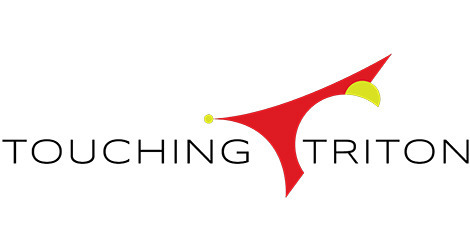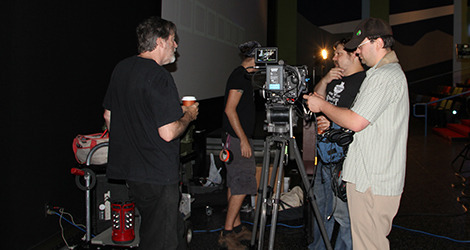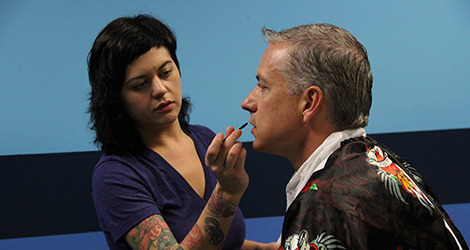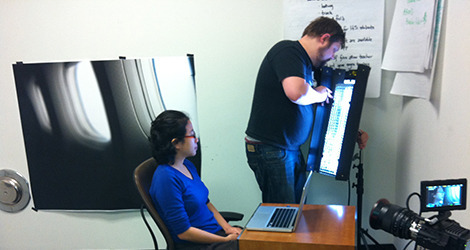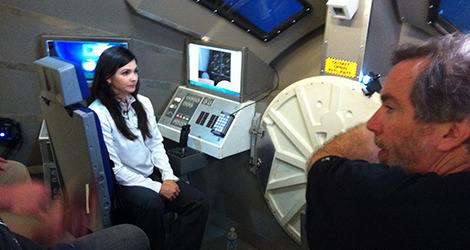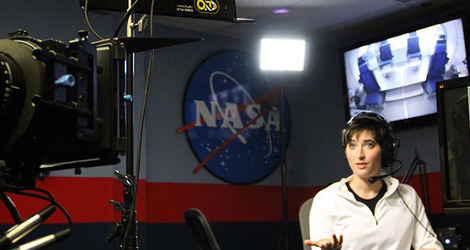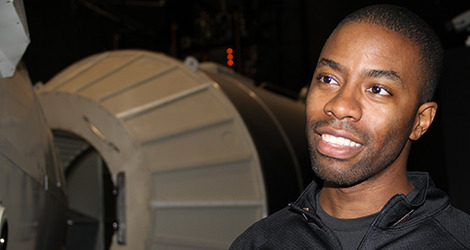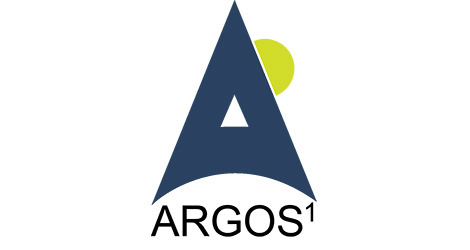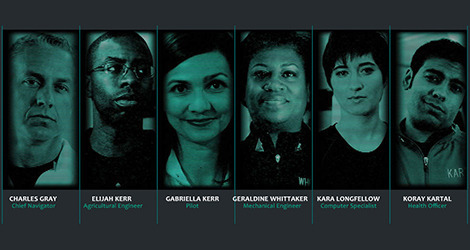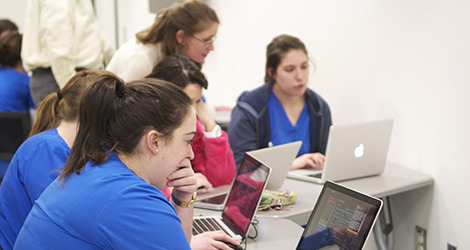Touching Triton Overview
About Touching Triton
Touching Triton is an online serious game focused on building understanding of complex disease risk. Risk for common complex diseases, such as colon cancer, age related macular degeneration and heart disease, is influenced by many genetic and environmental factors. Touching Triton uses the engaging storyline of long-term space flight to highlight how risk is influenced by factors from three sources: family history, medical records and an individual's genomic profile. By engaging students in an interesting storyline and graphic interface, Touching Triton initiates a conversation about the complex nature of common disease in an enjoyable and educational way.
Touching Triton was launched on May 9, 2014, after a year of in-classroom evaluation of 16 early adopting high school life science teachers from across Alabama. The evaluation showed that students were engaged in appropriate conversations about risk, prevention and treatment options for the common complex disease featured in Touching Triton. In addition, the teachers felt that Touching Triton fit well within the current curriculum and was a valuable teaching resource.
Student Engagement
In order to create an engaging experience for students, Touching Triton uses real people instead of animations to represent the characters in the game. A professional film crew and actors from across the Southeast spent two full days filming crew interviews, b-roll, trailer scenes and end sequence videos. The rich, cinematic look that makes Touching Triton come alive was achieved through collaboration with the U.S. Space and Rocket Center, located in Huntsville, Alabama, where much of the filming was done.
In addition to the videos, Touching Triton includes a custom musical score used throughout the trailer, crew interviews and end sequence; written information about each of the crewmembers and their backgrounds, and a write-up on Chiron Avionics and the Argos1 mission. Each of these items plays a role in the overall engagement of the player immersed in the world of Touching Triton.
Players must analyze and interpret health related information about one of these crewmembers. Specifically, students will focus on a crewmember's risk for one of six common complex diseases and then make strategic choices about what to pack on the ship to mitigate that risk and treat those diseases if they arise.
Storyline
In Touching Triton, students take on the role of a human resources team member working for the fictional institution, Chiron Avionics. Chiron is a not-for-profit that is pioneering the solar system by establishing outposts and waypoints at strategic locations with the goal of extra-solar system exploration. Chiron has chosen to launch the most sophisticated spacecraft ever built, the Argos1, to establish a small basecamp on Neptune's largest moon, Triton, as the final waypoint in the solar system.
The Argos1 boasts advances in electromagnetic field generation, reducing concerns of radiation exposure during long-term space flight and a dual nuclear reactor to sustain the crew both on the ship and on the surface of Triton. A plasma-powered engine provides a long sustaining thrust that will propel the Argos1 towards their target. On-board Argos1, the crew will not only find living quarters, but an agricultural habitat, storage facilities and an operations center.
Six crewmembers have been chosen for this mission based on their specialized skill sets and willingness to give nearly 20 years of their lives to scientific discovery. The Core Six, as they are commonly known, come from diverse backgrounds in ethnicity, education, gender, and personality:
- Charles Gray - Navigator
- Gabriella Kerr - Pilot
- Elijah Kerr - Agricultural Engineer
- Kara Longfellow - Computer and Communications Specialist
- Geraldine Whittaker - Mechanical Engineer
- Koray Kartal - Health Officer
Using Touching Triton in the Classroom
Touching Triton can be used in multiple ways depending on the needs of the educator and players:
- Single player mode: A single player can engage in a mission where he or she has complete control over making decisions for each of the six crewmembers. If the player would like to have the system autocomplete any of the crewmembers, that option is available.
- Multiplayer mode: Players are each assigned a crewmember. Each player is responsible for determining disease risk associated with his or her crewmember and to pack crew-specific items. Players on the same mission are required to work together to pack shared items for the entire crew. Limiting the space available to pack these items requires players to engage in conversations about what is most beneficial to the entire crew. Launching the mission is not possible until all players have finished packing.
- Educator portal: The educator portal allows educators to control user creation, mission creation and tracking of player progress in real-time.
- Platforms: Touching Triton is compatible with any updated web browser software for both Mac and PC computers and is compatible with iPad, Windows 8 and Android tablets.
